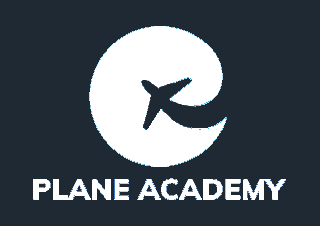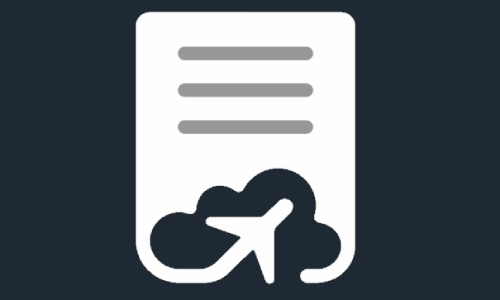Black history month in aviation
Black History Month is celebrated for the entirety of October. We want to celebrate and reflect on what a sensational month it has been as well as educate others on the annual event. It is a yearly observation that originated in the United States in 1976 Black History Month provides the opportunity for us all to focus and celebrate the impact of black heritage and culture on modern society.
In aviation, we recently have been focussing on getting women into the industry, but we must not forget other minority groups who too, are underrepresented. Globally there are thought that just 7% of the entire pilot workforce is Black, Asian or a minority ethnic.
Ahmet Ali Çelikten, Turkish born was the first black pilot in aviation gaining his wings in 1914. Çelikten was a true trailblazer of his time, setting the way for many more to follow. Bessie Coleman was the first African American pilot to gain her pilot’s license, but due to discrimination in America, where no one would teach minority ethnics, she traveled to France in 1921. Looking into the past can help propel the future, so what is happening now that is increasing BAME in the industry?
What are the airlines doing to promote black people in aviation?
Early this week EasyJet employees united to create and promote their first all-black crew which operated from London Gatwick to Alicante. A tremendous day that will mark history and hopefully encourage more companies to incorporate a comfortable working environment where each and every person is “proud to BE”.
British Airways continue their efforts of empowering and educating people about ethnic minorities. Their internal colleague network, Be ME, has hosted numerous events this month including a webinar with Tessy Ojo CBE to promote a diverse and inclusive workplace as well as explain the challenges black people have faced and the support they have received.
United Airlines have newly partnered with ‘Black Women in Science and Engineering, they are hoping to rid the harsh statistic that 1% of US pilots are black females. Earlier in the year they also released a statement claiming they’d train 2500 ethnic minorities and women through their school over the next decade to increase their own diversity.
Who else is voicing their opinion?
Flyforculture is an online NFP website that empowers and encourages ethnic minorities to embark in aviation. They provide introductory flights, flight training scholarships, public outreach, education but most of all support – echoing further the fact that representation matters.
‘Diversity and Inclusion Committee formed by the Royal Aeronautical Society is something you can join, giving you the chance to voice your opinion and push for change. This year they have collated a list of useful resources that allows you to discover the stories of these heroes and educate yourself about Black Achievements across aerospace and aviation.
‘Sisters of the Skies’ mission is to increase the number of black women in the aviation industry, through scholarships, mentorship, and outreach – their aim to develop pathways and partnerships has been seen to be successful with both United and American Airlines, Delta, Netflix, Boeing and many more jumping on board. Their mentorship is inspirational and their message, “don’t let other people define you”, is infectious.
‘Pilots of the Caribbean’, an exhibition in the RAF museum to commemorate the incredible achievements and enormous contribution made by black service personnel in the Royal Flying Corps and RAF. They also have a dedicated YouTube channel where you can hear the stories of all of these ‘Pilots of the Caribbean’.
What else could be changed?
The one thing I have heard and read time again is that representation matters. Scholarships and funding are just bonuses, the real key to change is mentorship and successful role models.
There needs to be recognition of the statistics and that more can be done for diversity and inclusion. Changes can be made regarding industry recruitment if we standardised hiring via blind CVs – as a result, more diversity will naturally feed through. It is paramount that we create the working environment that is best suited to all, where promotions are gained on merit and achievements are showcased. Job progression needs to be available for individuals to thrive, succeed and inspire the next generation.
Explicit promotion and celebration of positive role models need to be loudly publicized, at present, there are not enough positive idols of black people in the current aviation industry that others can aspire to, and that can be an immediate deterrent. Not only should there be more role models for those to get into aviation but also those already flying to know the possibilities of progression available to them, as a captain, a FI, a TRI or even an examiner.
Actions preferred to words, it’s thought companies should attempt to steer away from the generic people-pleasing, box-ticking statements about their diversity in the workplace. The targets they set need to be actioned; let’s start normalizing the analyse of the workforce we have, set suitable and realistic targets, and then formulate strategies to achieve those set goals.
Goals set need to be outcome focussed, like the Amy Johnson scheme (EasyJet’s initiative to increase their female pilot number). Outcome goals are much easier to measure success from, they are essential targets for the future.
We also need to create a comfortable work environment to enhance just culture where people feel comfortable talking about the ethnicity gaps and by creating an internal support system, we can discuss cultural differences and report racism without adverse effects. Finally, it’s 2021 and about time we get rid o
